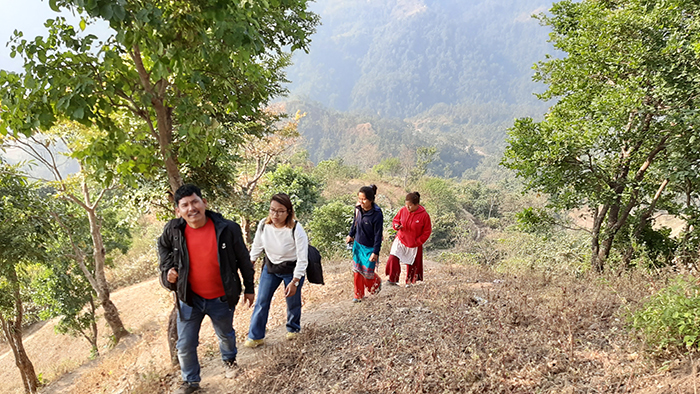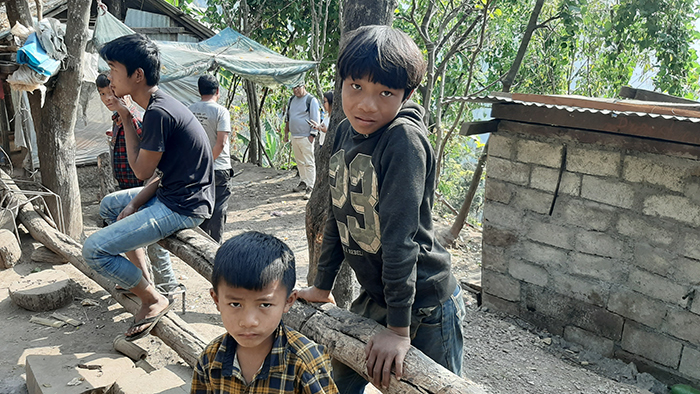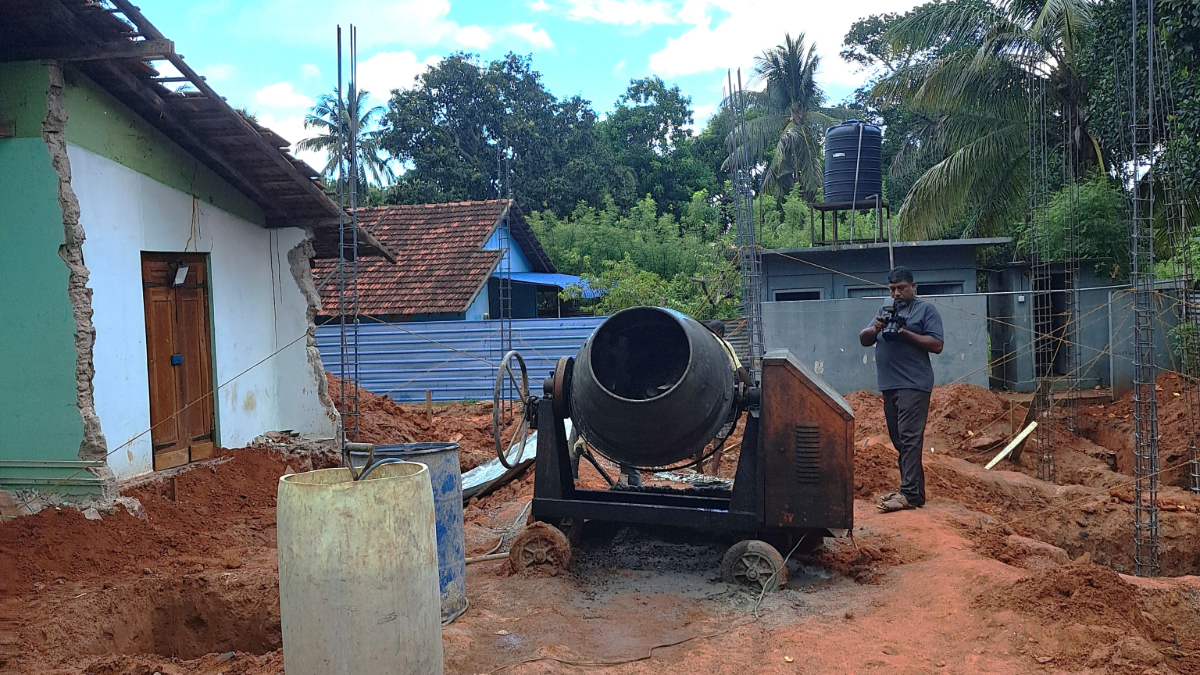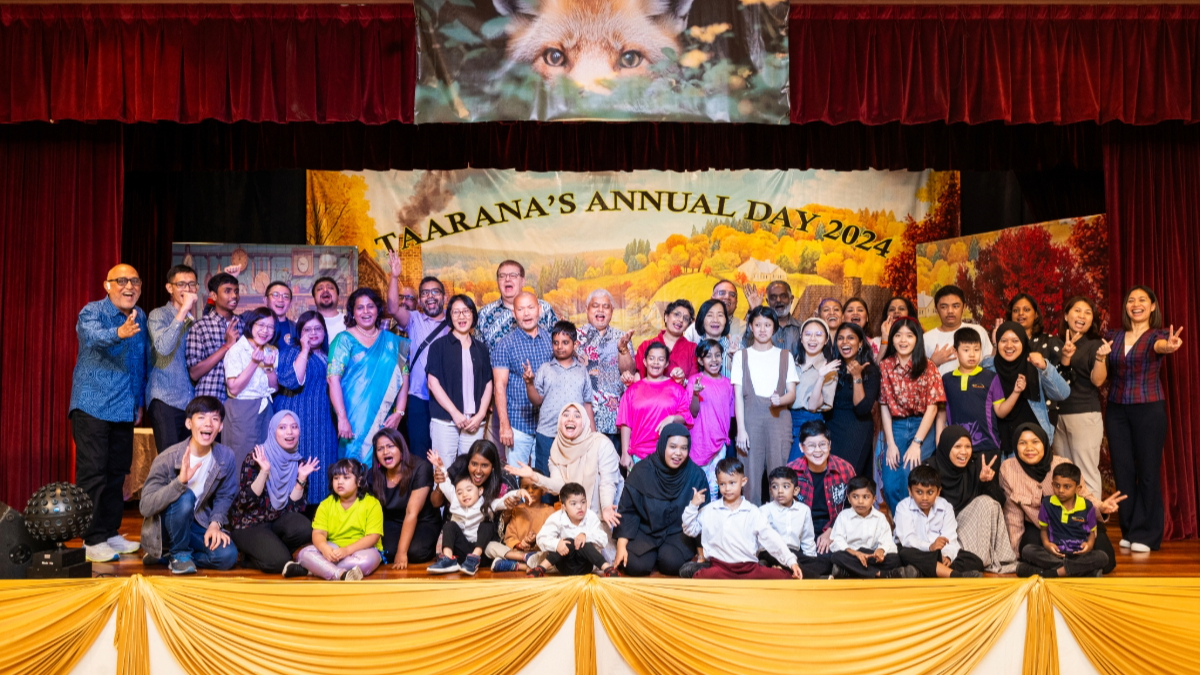To describe the lives of the Chepang people, a marginalised indigenous population in Nepal, as “deprived” would seem a gross understatement.
The community of about 70,000 people live in challenging geographical environments in the hills and mountains of central Nepal. However, remoteness is not the only difficulty they face.
With the degradation of natural resources, unsustainable agricultural practices, and discrimination by society and the state, the Chepang – especially in the Gorkha and Makawanpur districts – are among the most impoverished.
Over 90% of the Chepang exist below the poverty line, surviving on less than US$1 per day. So, naturally, the community has a high illiteracy rate and low access to essential public services like healthcare, drinking water, electricity, and education.
Numerous other issues also plague the disadvantaged group. For example, food shortage is a chronic problem. The subsistence agriculture on which most depend does not produce sufficient food, forcing them to survive as daily wage earners.
The group’s mounting challenges also directly affect the community’s children, with illiteracy and child marriages among the significant issues. Poverty has forced many families to forego education for their children, with young girls caring for their families or finding themselves getting married off at an early age.
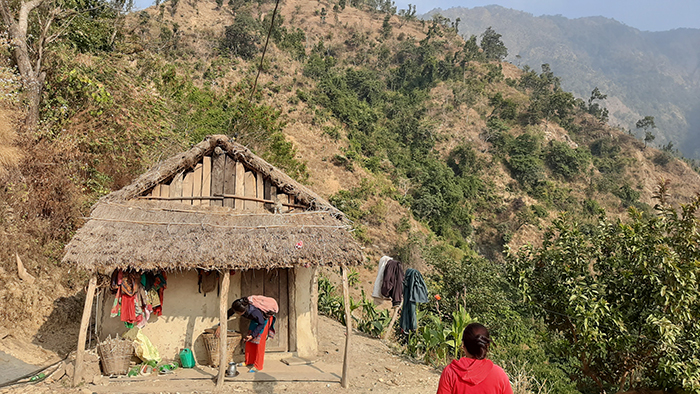
RYTHM Foundation has partnered with the National Forum for Advocacy of Nepal (NAFAN) to implement a Sustainable Community Project (SCP) in the Raksirang Rural Municipality of Makawanpur district. This project aims to help children in the Chepang community. The collaboration initially concentrated on four villages in the district – Damrang, Hiurang, Chamanti, and Hatikhola.
NAFAN was established in 2004 by professionals, academicians, and campaigners keenly interested in Nepal’s advocacy and development initiatives. The social organisation prides itself on being an action-oriented institution that advocates gender equity and equality, environmental justice, and human rights.
This project entails NAFAN engaging, educating, and empowering the children through various educational programmes, including providing a conducive environment for the young beneficiaries and increasing their knowledge and skills for their social transformation.
The ambitious initiative aims to help 250 beneficiaries, including 180 girls and young women aged between five and 30 years old. Other stakeholders include parents, the local government, community-based organisations, school management committees, houses of worship, education offices, NGOs, and social leaders. RYTHM has pledged to support the three-year project that kicked off in June 2021 through to mid-2024.
The project’s milestones include enrolling at least 99% of the children in school within two years, with at least 60% regularly attending school within the third year.
Efforts to achieve these targets include producing various teaching modules and materials such as posters, pamphlets, and videos. The organisation also plans to conduct formal and informal workshops in each village.
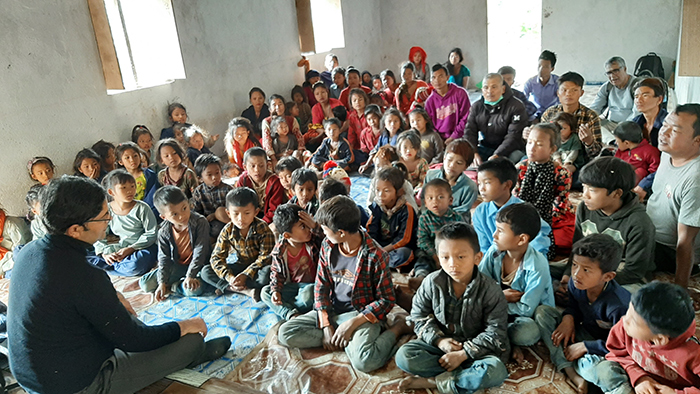
The project has kicked off to an encouraging start. Weekly classes for the children in the villages began this past January.
NAFAN has also engaged with the families and local government representatives in the four villages to disseminate information on the objectives and devise the role of the communities in making the classes more effective.
Beyond the project’s timeline, NAFAN aims to provide the local government with a sustainability plan and support the authorities in conducting the project’s outcomes in the long term.
NAFAN also hopes the local government will be able to develop the local curriculum and educational guidelines at three local government levels as the educational facilitators engage, educate, and empower the children and their parents for sustainable education.
